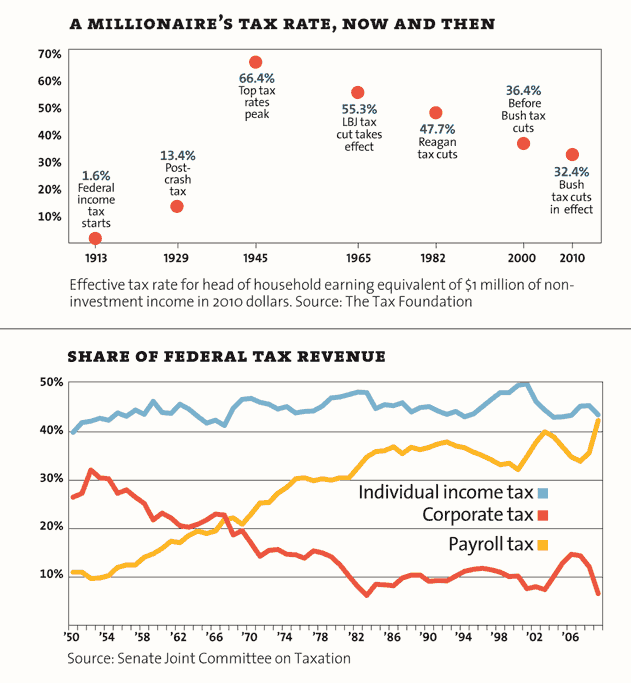I do not share Whitman's view of Democracy. Within what he describes, he promotes unity of the Nation above all else. He states that “the fear of conflicting and irreconcilable interiors, and the lack of a common skeleton knitting all close continually haunts me.” in reference to the divide over slavery that ignited a civil war. I think he would be surprised that the Confederate flag is still flown in parts of the south and that regionalism plays a role in the United States.
The deciding factor of our representative democracy is the majority vote. As a result, not everyone will always get what they want. I believe the most important thing is agreeing to disagree and not to allow the majority decision trample minority rights. More often than not, the flaws of Democracy are more readily apparent to me than its success. The workings of our Democracy are complex, and stray far from “pure” Democracy where every single citizen has equal input. As mentioned in our class discussion, the population of qualified voters has to be defined. Then, lines must be drawn and where will it end? Should only land owning white males allowed to vote?
Whitman alludes to Lincoln's definition of Democracy from the Gettysburg address “The government of the People, by the people, for the people.” and continues to assert his opinion “But the People are ungrammatical, untidy, and their sins gaunt and ill-bred”. This is where Whitman and I disagree. As a result of disparity in unequal distribution of wealth and resources, upper class citizens emerge as more “qualified” voters able to distinguish their opinion.
What I do agree with Whitman about is that the to obtain struggle of Democracy has not changed, merely the arguments. Today, clearly slavery is no longer an debated issue. Instead, we are faced with illegal immigration and whether or not people have human rights without documentation. Again, the issue of who is considered a citizen, and furthermore, qualified to vote.
The best aspect of Democracy is its evolving, malleable nature. While it is not perfect, it can change. The worst, is that it requires citizens to be engaged and many people would rather ignore politics, only becoming involved when things impact their lifestyle. Citizens have a choice, and if they choose to neglect politics, the system will erode.
As the other article points out, for Whitman's faults, he has merits and that is why we are studying his democratic vistas. In Whitman's time, he viewed democracy as in “embryo condition” and to this day, democracy has is growing to maturity.







